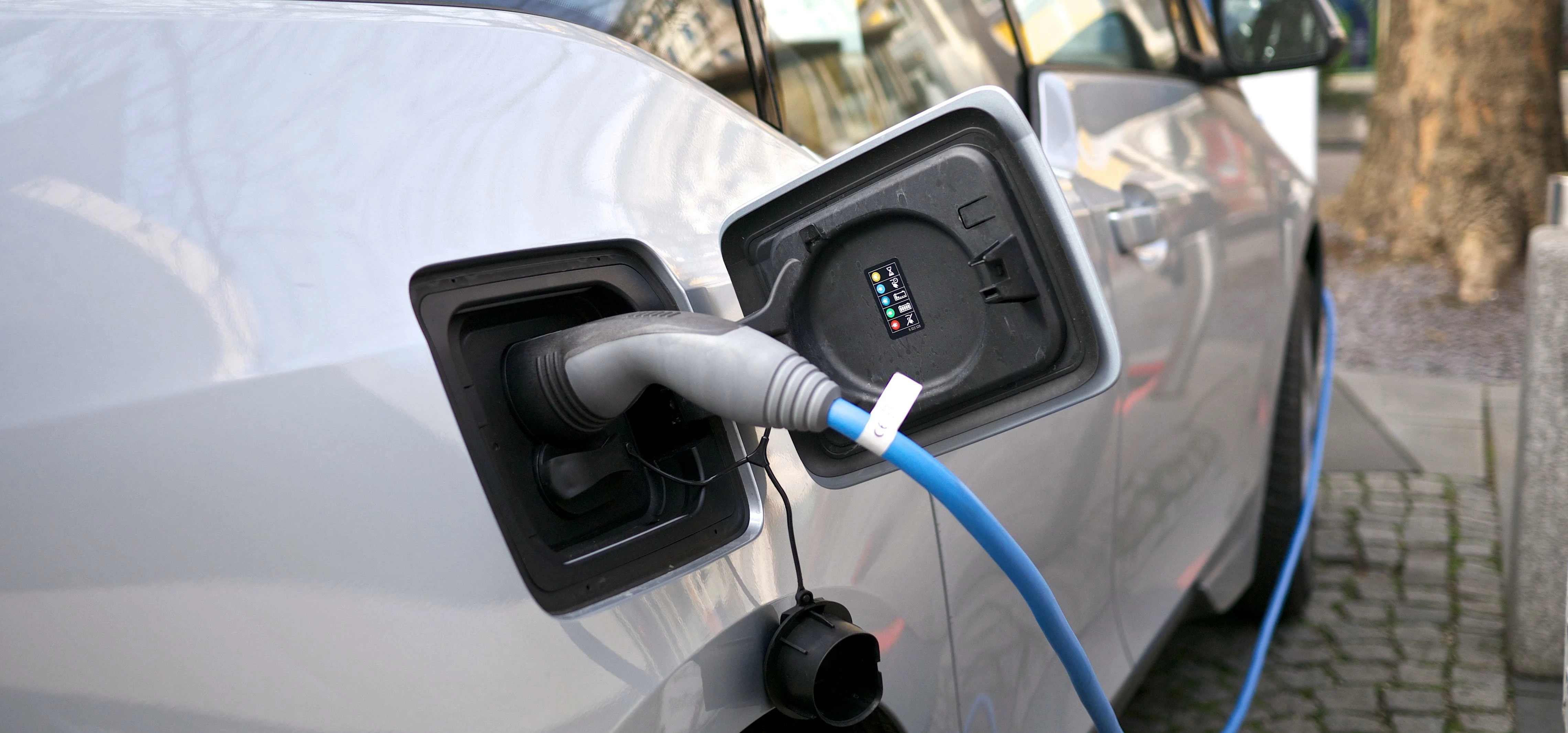
Electric vehicles may offer tax relief to firms
Businesses may be able to claim tax relief while boosting their green credentials by embracing electric vehicles (EVs).
Advisory and accounting firm, Haines Watts has encouraged business leaders to explore the potential tax benefits, both on a personal and corporate level, offered by switching to greener vehicles.
The UK Government has pledged that all cars and vans will be zero emissions by 2035 – a move which has been bolstered by the Prime Minister’s announcement that new homes, as well as buildings such as supermarkets and workplaces, will be required to install electric vehicle charge points from this year.
In the wake of COP26, UK businesses across a wide range of sectors are rethinking their sustainability strategies, supported by initiatives such as the Small Business Energy Efficiency Scheme (SBEES) outlined in the Government’s Net Zero Strategy.
Abid Khan, Associate Partner at Haines Watts, Hornchurch, said: “Choosing an EV is a more environmentally conscious option, making your car usage more sustainable, helping to meet the UK’s 2035 target while also offering potential tax relief.”
But what are the benefits for businesses and directors when it comes to switching to greener transport such as EVs. As well as helping to meet ever-increasing environmental, social and governance (ESG) objectives, electric vehicles may also provide firms with a tax-efficient alternative to traditional petrol and diesel cars.
Abid explained: “EVs are now a very attractive option for any business owner, director or senior executive that’s looking to upgrade to a new company vehicle. They have a very low benefit in kind (BiK) rate as the tax rate is currently set at 1% for the 2021/22 tax year, making it a highly tax-efficient option for individuals.
“The Government is also currently offering a ‘plug in grant’ of up to £2,500 for qualifying EVs that meet the relevant eligibility criteria.”
The fact that the plug-in grant covers a range of vehicles, including cars, motorcycles, small and large vans, means that SMEs at varying stages of growth can access EV financial support suitable for their circumstances and business needs.
EVs can be bought outright as a longer-term investment for the company, allowing businesses to claim capital allowances against the expenditure as an asset. Alternatively, EVs can be leased, although capital allowances can not be claimed for these.
Looking to promote your product/service to SME businesses in your region? Find out how Bdaily can help →
Enjoy the read? Get Bdaily delivered.
Sign up to receive our popular morning National email for free.








 When will our regional economy grow?
When will our regional economy grow?
 Creating a thriving North East construction sector
Creating a thriving North East construction sector
 Why investors are still backing the North East
Why investors are still backing the North East
 Time to stop risking Britain’s family businesses
Time to stop risking Britain’s family businesses
 A year of growth, collaboration and impact
A year of growth, collaboration and impact
 2000 reasons for North East business positivity
2000 reasons for North East business positivity
 How to make your growth strategy deliver in 2026
How to make your growth strategy deliver in 2026
 Powering a new wave of regional screen indies
Powering a new wave of regional screen indies
 A new year and a new outlook for property scene
A new year and a new outlook for property scene
 Zero per cent - but maximum brand exposure
Zero per cent - but maximum brand exposure
 We don’t talk about money stress enough
We don’t talk about money stress enough
 A year of resilience, growth and collaboration
A year of resilience, growth and collaboration